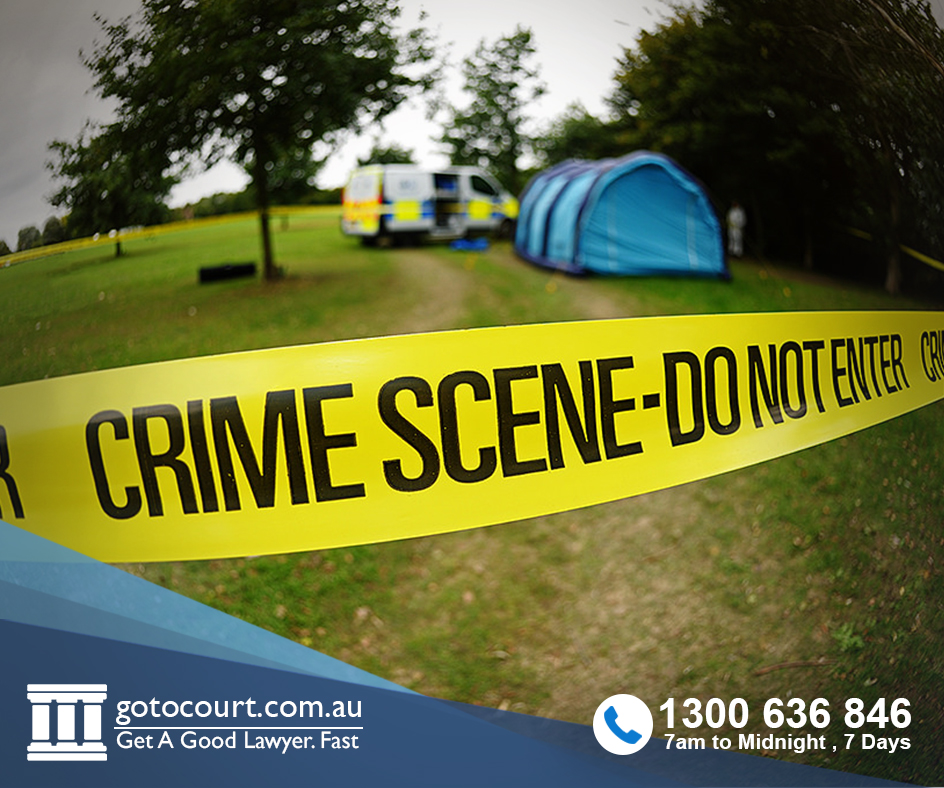Spent Convictions – Clearing Your Name (Vic)
Context
Having a criminal record affects you in lots of ways. It can restrict the type of employment you can obtain and where you can travel to. Convictions for very serious offences stay with you for life. However, some convictions become ‘spent convictions’ after a certain period of time has elapsed. This means that you are no longer required to disclose them, and they no longer affect you.
Victoria does not have a spent conviction scheme. However, if you have Commonwealth offences on your record and fulfill certain conditions, you may be affected by the Commonwealth Spent Conviction Scheme.
Commonwealth Convictions
Commonwealth offences under the Crimes Act 1914 (Cth) such as illegal importation, are governed by the Commonwealth Spent Conviction Scheme. Under this scheme, convictions no longer have to be disclosed if 10 years or more have passed since the finding of guilt (or in the case of juvenile offenders, 5 years or more) and certain other conditions are fulfilled. This is commonly called the waiting period and it commences on the day of finding of guilt.
A finding of guilt can only become a “spent conviction” if the sentence imposed did not exceed a term of imprisonment of 30 months. This is to ensure that the disclosure of very serious offences cannot be avoided.
If one receives a finding of guilt for a Commonwealth offence and then a finding of guilt for a subsequent offence (of any nature) the waiting period effectively resets. So the first offence would not become “spent” until 10 years after the recording of the subsequent offence.
Three broad exclusions apply to this. In these situations, the relevant finding of guilt must still be disclosed.
- Where you are seeking to work with children.
- Where the party seeking disclosure is any of the following:
- a law enforcement agency, if regarding the prosecution, sentencing or assessing of prospective employees;
- an intelligence/security agency, if regarding the assessing of prospective employees;
- a Commonwealth, State or Territory court/tribunal, when sentencing;
- any person making a decision under the Migration Act 1958, the Australian Citizenship Act 2007, or the Immigration Act 1980;
- a Commonwealth authority, when assessing appointees;
- AUSTRAC, when assessing prospective employees;
- the Australian Government Solicitor, when instituting or conducting proceedings for Commonwealth offences.
- Where the Federal Court of Australia requires disclosure.
Effect of Spent Convictions
Where you have a spent conviction, you are not required to disclose its existence to any person in an Australian State or Territory or any Commonwealth or State authority in a foreign country. However, you are still required to disclose it to a foreign authority. As such you would not have to disclose a spent conviction to the Australian embassy in Cambodia, but you would have to disclose it to the German embassy in Cambodia.
If you have spent convictions, it is lawful for you to state under oath that you have not been charged with or convicted of an offence. Furthermore, anyone who knows about such a spent conviction must not disclose it without your consent (Section 85ZW).
Victorian Offences
If you commit a Victorian offence and are found guilty, you have no statutory right to prevent its disclosure, regardless of how much time has passed since you were found guilty.
Instead, Victorian Police adhere to a Public Information Release Policy. This is an informal and discretionary practice whereby, if you are an adult and you were last found guilty of an offence more than 10 years ago, Victorian Police will not release details of those offences. If you were last convicted of an offence when you were under 18, the period is five years.
There are also certain exceptions that apply to this policy. The exceptions apply if a record is sought:
- By the Victorian Institute of Teaching;
- When applying for a firearms licence;
- That contains a sexual or other serious offence; or
- In relation to working with children.








